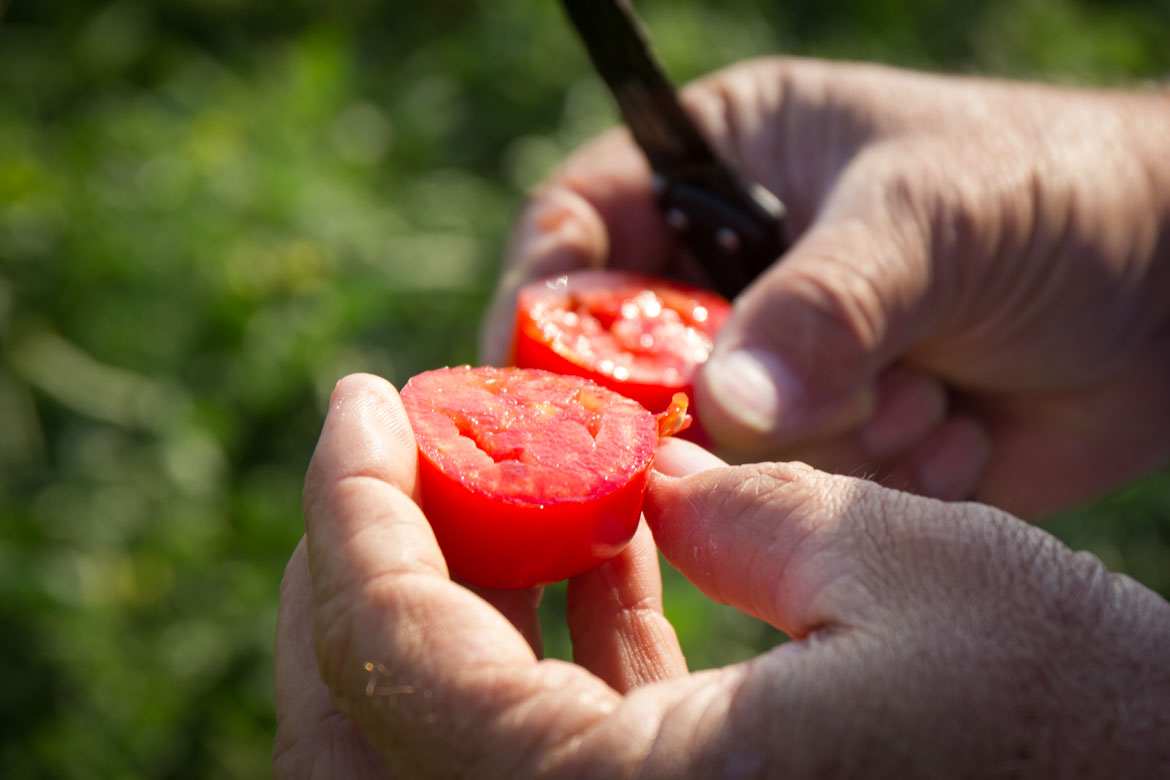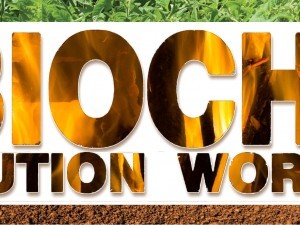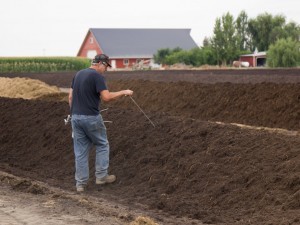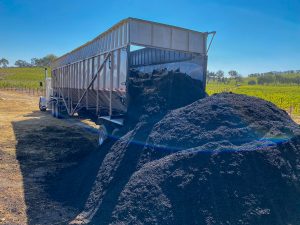
Nitrogen Conservation with Biochar, an Experiment
“Nitrogen pays the bills”
Nitrogen is lost during composting, and not all nitrogen in manure is available
- Research has shown biochar to reduce N loss during composting, the same was observed in this experiment.
- Research has shown biochar to facilitate microbial breakdown of organic N into plant available N, the same was observed in this experiment.
- An unexpected outcome was that the compost amended with biochar (a biochar that was alkaline) finished at a lower pH than the compost without biochar amendment (7.5 vs. 8.8 respectively). We suspect that this can be attributed to the differing amounts of ammonia v.s. nitrate measured in the compost (the biochar appeared to favor conversion of organic n to nitrate rather than ammonia).
A Grain of Salt
The difference in yield measured was not extreme, and there were variables in the compost and in the field that make the results complicated to interpret. Does this experiment show promise – yes. Does this experiment prove anything – no. Are the positive results observed in this experiment consistent with other research projects and experiments – yes.
Selected research articles for further reading on this subject:
Hagemann N, Kammann CI, Schmidt H-P, Kappler A, Behrens S. Nitrate capture and slow release in biochar amended compost and soil. PLoS ONE 12(2): e0171214. doi:10.1371/journal.pone.0171214 (2017)
Kammann, C. I. et al. Plant growth improvement mediated by nitrate capture in co-composted biochar. Sci. Rep. 5, 11080; doi: 10.1038/srep11080 (2015).
Yinghong Yuan, Huaihai Chen, Wenqiao Yuan, David Williams, John T. Walker, Wei Shi. Is biochar-manure co-compost a better solution for soil health improvement and N 2O emissions mitigation? Soil Biology and Biochemistry Volume 113 (2017)
Cayuela, M.L. et al. Biochar and denitrification in soils: when, how much and why does biochar reduce N2O emissions? Sci. Rep. 3, 1732; DOI:10.1038/srep01732 (2013).
Bruno Glaser, Katja Wiedner, Sebastian Seelig, Hans-Peter Schmidt, Helmut Gerber. Biochar organic fertilizers from natural resources as substitute for mineral fertilizers. Agron. Sustain. Dev. (2015)
Brian Dougherty, Myles Gray, Mark G. Johnson, and Markus Kleber. Can Biochar Covers Reduce Emissions from Manure Lagoons While Capturing Nutrients? J. Environ. Qual. 46:659–666 (2017)
Christoph Steiner,* K.C. Das, Nathan Melear, and Donald Lakly. Reducing Nitrogen Loss during Poultry Litter Composting Using Biochar. J. Environ. Qual. doi:10.2134/jeq2009.0337 (2010)







